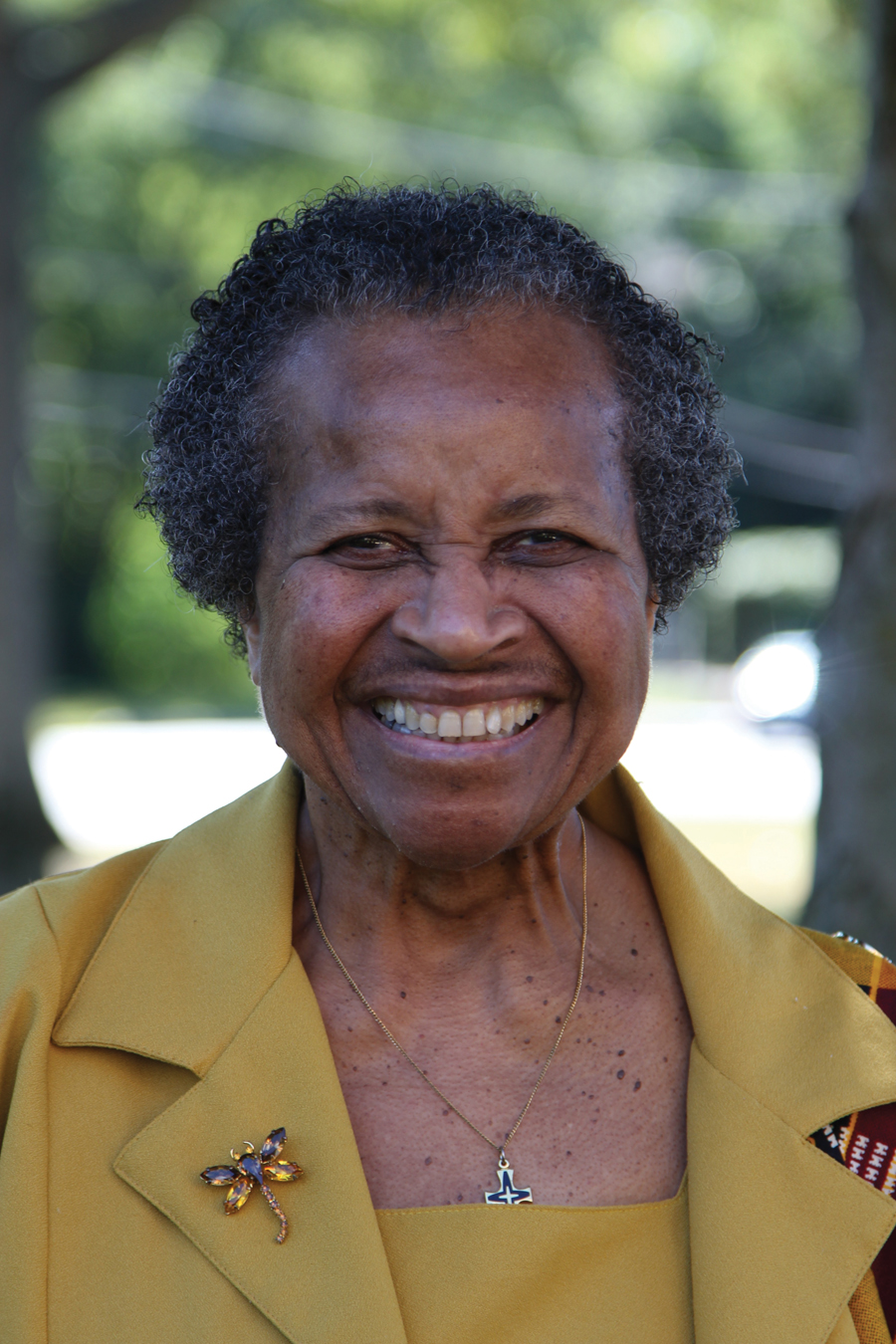I grew up in a very strict, fundamentalist Christian home, the kind where the man’s word was law, and women, not just children, were not allowed a voice. My mother, raised Catholic and educated by nuns, had converted to my father’s version of Christianity when they married. We fasted for weeks, prayed for hours, and were not allowed to associate with people who were not Christians. We were not allowed to watch television or listen to secular music. We were not allowed to go to school on Halloween, let alone wear costumes and trick-or-treat.
And so of course, by 16, I had become what my father called, “a Godless heathen.”
It wasn’t just a reaction to my strict upbringing that did it. As I grew aware of what was happening in the world, I became overwhelmed by the violence that had been done in the name of God to destroy people like me: European colonialism, American slavery, Christian politicians in the public arena condemning blacks and women, the ongoing virulent racism and sexism of modern life—all done in the name of God and Christianity. Both Southern slave-owners and modern KKK members have called themselves men of God.
Cora Marie Billings, a Religious Sister of Mercy, has asked the same questions. She has had all the same experiences I had. She, like me, experienced racism in both religious and educational spaces. “Once, in third or fourth grade, I was kneeling at the altar rail to receive communion alongside my classmates,” writes Billings in America. She was the only black student. And so, “when it came time for me to receive the Eucharist, the priest skipped me.”
Billings’ great-grandfather had been owned as a slave by Jesuit Catholic priests. And yet, despite this devastating, painful history, Billings stays in her faith. She became a nun, a long-term member of the Anti-racism Transformation Team for the Institute of the Sisters of Mercy of the Americas. In fact, she became the first black Religious Sister of Mercy when she took vows in 1956.
“Often, I am asked how I can remain a Roman Catholic when the church I now serve in had ownership of a member of my family,” she writes. “Although this part of our Catholic history might make some people turn away from the church, this knowledge makes me more determined to stay and to work for greater equality for people in the church and the world today. Change in the church most often comes from within. Standing up to injustice can be difficult, but if I leave the church out of fear or anger I am not helping anyone.”
Billings devoted her life to teaching; she believes in the ability of education to transform lives. “Being a teacher allowed me to help empower people, and to teach people to empower themselves,” she is fond of saying. But in 1960s Levittown, Pennsylvania at one of her first assignments—a school with “several thousand students, all of them white”—a cross was burned on the lawn of the first black family to move in. The black family moved away.
“Despite the challenges,” Billings writes, “I was happy to find that I was good at teaching and I loved children.” Indeed, these experiences motivated Billings to think of ways to aid students of color as they faced “fear, suspicion, cultural ignorance, and sometimes even violence.” When teaching at a secondary school in the Philadelphia archdiocese, Billings developed a Black Studies Club for students to develop self-esteem and pride in their identities.
In 1981, Billings became the campus minister of Virginia State University. In 1990, she was appointed to lead St. Elizabeth’s Catholic Church in Richmond, Virginia, becoming the first (and so far only) woman, first African American, and first nonpriest to head that specific Catholic parish. She served in this capacity until 2004.
Remembering how she would travel to minister in areas of the country with active and powerful KKK gangs, Cora Marie Billings says simply, “sometimes we just have to overcome fear” through faith in God and “belief in God’s goodness.”
I have meditated on these words many times since my son was born. It was only after I became a mother that I understood the importance of faith in God, of meaning larger than oneself, of the sacred. I began to understand what it means, in times of terror, to have a sustaining belief—for in what moment of first-time motherhood, are you not terrified for the well-being of your newborn?
I was prepared for how much I would love my baby boy, but not for how much I would fear for his safety. With our social acceptance of violence, the world is not a very safe place for children. And, with the continuing onslaught of violence toward young black children—a new body shot dead by police almost every day—the safety of African American children becomes even more pressing.
Sometimes I cannot believe it took me 15 years to learn that there are gray areas in life; my belief does not have to be a choice between the fundamentalist Christianity I grew up with or nothing at all. My spiritual life is about my personal relationship with God, not about what anyone else has done in God’s name to violently oppress others.
Like Billings, I now try to live my life as an example of God’s love, using that love to advocate for social justice. “I will continue to live with the fulfillment of my convictions,” writes Billings, “and I will continue to move forward with the faith that God will help me to do what needs to be done.”
God willing, may I be able to do the same.
This article appeared in the November 2015 issue of U.S. Catholic (Vol. 80, No. 11, page 45–46).
Photo of Sister Billings by Ryan Larason, Diocese of Trenton Department of Radio and Television
Header image: Flickr cc via Yasmeen















Add comment